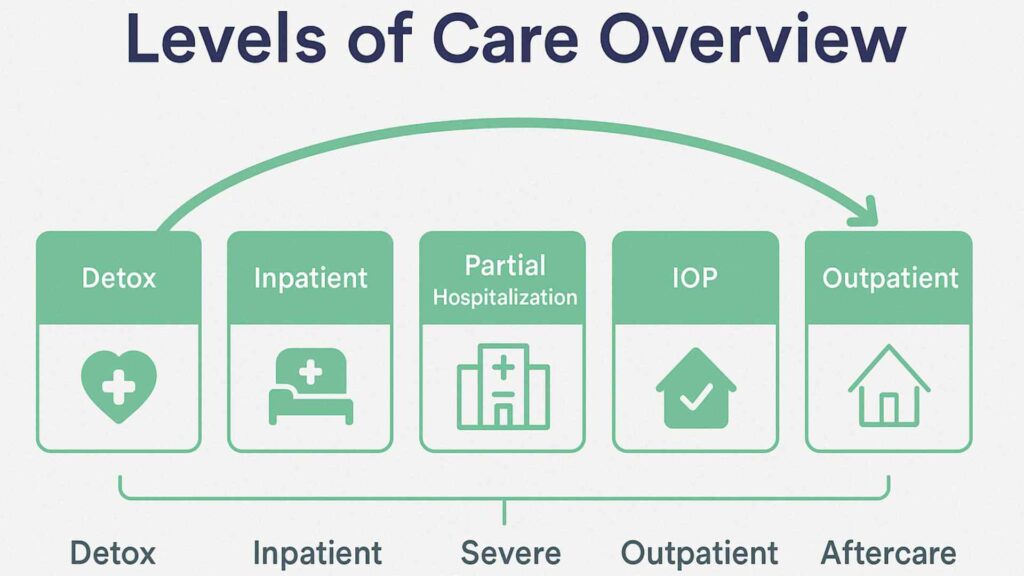Cannabis is often promoted as a relatively benign substance, but emerging research is prompting serious reconsideration of its long-term effects—especially on cognitive health as people age.
This article examines new data linking cannabis-related emergency medical events to elevated dementia risk, explores mechanisms behind cognitive decline, and offers guidance on managing substance use and mental health as part of prevention and recovery.

Cannabis-Related Hospital Visits and Dementia Risk
Over 6 million adults aged 45 and older in Ontario found that those whose cannabis use was severe enough to lead to an emergency department (ED) visit or hospitalization faced a significantly higher dementia risk.
After adjusting for demographics and health conditions, researchers observed a 23% increased risk of dementia within five years for those with ED visits, and a 72% higher risk among those hospitalized, compared to the general population. While the study emphasized this is an association—not proof of causation—they raised concerns that acute cannabis events may signal deeper threats to brain health.
Trends Among Older Adults
The incidence of cannabis-related acute care visits rose notably between 2008 and 2021. In individuals aged 65 and above, the rate surged nearly 27-fold, and approximately fivefold in those aged 45 to 64.
Modern cannabis use in this demographic is often motivated by attempts to manage chronic pain or insomnia—but combined with age-related vulnerability and higher THC potencies, it has coincided with more frequent hospitalizations and later cognitive impairment.
Cognitive Decline and High-THC Exposure
High-potency cannabis may contribute to cognitive decline through neurobiological mechanisms. THC can disrupt neural pathways, particularly in regions involved in memory and learning. Chronic cannabis users may demonstrate poorer performance on tasks involving attention, processing speed, and memory, even weeks after abstinence. Meta-analyses also support that repeated exposure to high levels of THC may impact verbal memory and executive function in middle-aged adults.
These cognitive changes may reduce “cognitive reserve,” the brain’s ability to resist aging effects, and when combined with age-related vascular or mental health risk factors, they heighten dementia risk.

Underlying Risk Factors and Mechanisms
Several mechanisms may explain the link between cannabis-related medical events and dementia:
- Brain structural changes: Heavy cannabis use may alter white matter and hippocampal volume, areas essential for memory.
- Cardiovascular risk: Cannabis may elevate blood pressure or increase fall/injury risk—both established dementia risk factors.
- Mental health and social isolation: Cannabis use disorder commonly co-occurs with depression or isolation, further increasing risk.
In clinical commentary, experts note that long-term cannabis use may directly damage cognitive function or indirectly raise dementia risk by worsening comorbid conditions such as hypertension and anxiety.
For individuals struggling with problematic use, professional treatment for marijuana addiction can help address these underlying risks while supporting overall cognitive and mental health.
Monitoring and Recognizing Warning Signs
Even when no acute care event has occurred, it’s important to remain vigilant—especially in adults or older individuals with heavy or frequent cannabis use. Key warning signs include:
- Short-term memory problems, lapses in attention, or difficulty learning new information
- A history of cannabis-related ER visits or hospitalizations
- Comorbid conditions such as hypertension, depression, or social isolation
- Cognitive sluggishness, irritability, or behavioral changes following cannabis use
Combined with cannabis use, these symptoms may signal elevated risk and merit evaluation by a healthcare provider.
Final Thoughts from Abundance Treatment
While cannabis is often viewed as a low-risk substance, growing research suggests that frequent or severe use—particularly among aging adults—may contribute to long-term cognitive risks, including an increased likelihood of developing dementia. For individuals who have experienced cannabis-related medical incidents or who regularly use marijuana, a reassessment of use patterns with the help of healthcare professionals can support informed, preventative decisions.
Abundance Treatment offers evidence-based marijuana addiction treatment in Toledo, Ohio, that integrates substance use counseling, mental health support, and relapse prevention planning. Through a combination of clinical care and individualized recovery services, our program helps clients address cannabis dependence while promoting cognitive wellness and long-term stability.




































